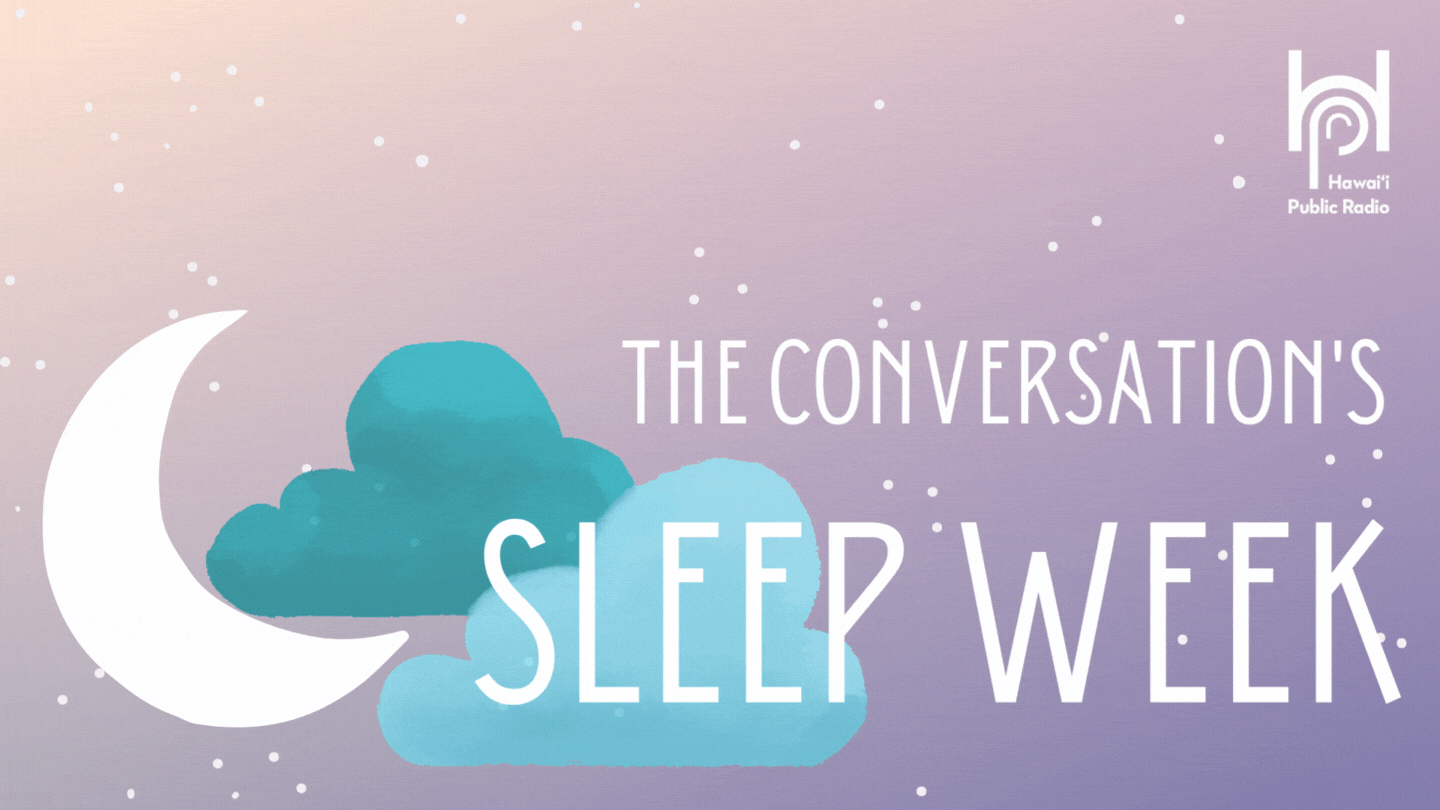Over the course of the pandemic, we’ve heard all the health advice there is to hear: drink water, wash your hands, up your vitamin C intake. Now, it seems as though sleep might be the best medicine of all.
“If you don't get enough sleep, and typically we say less than six hours, or even less than seven hours, it's an inflammatory state for our body,” said Dr. Valerie Cacho, a sleep physician with SleepLifeMed on Oʻahu.
Cacho says in order to fight off an infection, the body releases proteins called cytokines while we are asleep. Cytokines not only stimulate the immune system, but some can also promote sleep.
“So the sleep system and the immune system actually share similar genes,” Cacho told HPR. “And so if you have an infection, whether it be COVID, or even just the regular cold, you actually need more cytokines to help. And when you don't get enough sleep, …you can have more illnesses.”
Sleep can act as a preventative measure, protecting us from illness before we even get sick. Cacho cited a study from the University of Pittsburgh, which found that sleeping for fewer than six hours puts a person at four times the risk of catching a cold.
Quality sleep can help with illnesses more serious than a cold. Cacho pointed out a study that found sleep aids may work as an anti-inflammatory for women with breast cancer.
“If they take melatonin,” she said, “they are less likely to have a secondary event of breast cancer.”
There is not enough data on the impact of sleep on COVID-19 just yet, but Cacho urges everyone to prioritize sleep for their overall health.
“If you’re not getting an adequate amount of sleep, then potentially you’re at increased risk because your immune system isn’t working well,” she said.
But getting adequate sleep is easier said than done. Although many people know sleep is important to their health, that is not always enough of an incentive to get a full eight hours per night.
“There’s a lot of things that compete for our attention when we’re awake,” Cacho said. “If you’re going to have entertainment right at your fingertips — social media, non-stop streaming — why would you want to sleep?”
Sometimes it takes a wake-up call. Cacho told The Conversation that “some people don't start using their CPAP machines for their sleep apnea until they have a heart attack or stroke.”
In order to prevent one’s health from taking a turn for the worst, Cacho has strategies to optimize sleep quality.
She says people should stop checking their email and the news before bed. She, herself, also enjoys guided meditation and self-hypnosis to help with relaxation. At the end of the day, Cacho says she gets her best sleep when she decides to prioritize it.
This interview aired on The Conversation on Aug. 23, 2022. The Conversation airs weekdays at 11 a.m. on HPR-1.







